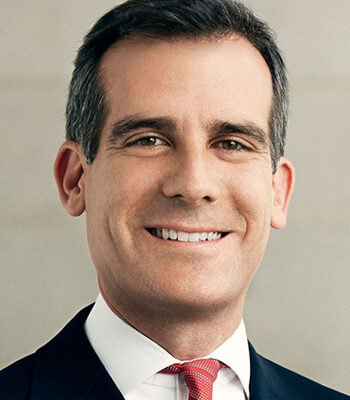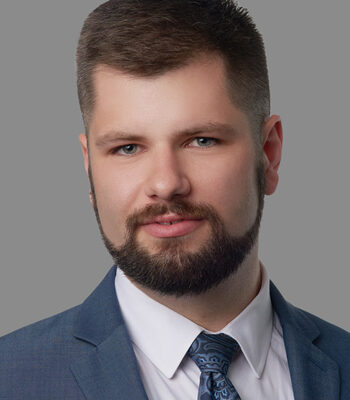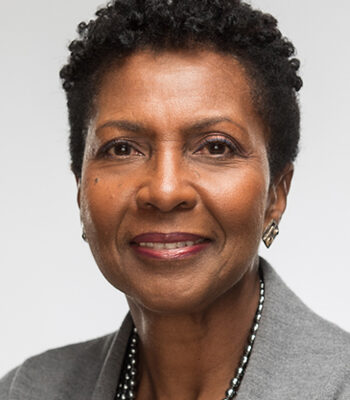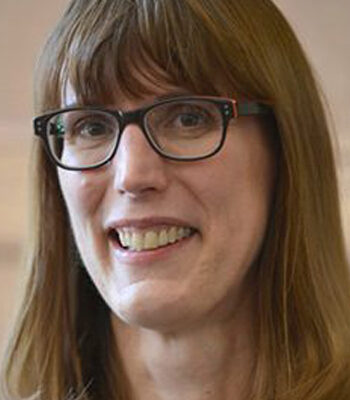
Carolyn Barnes, assistant professor at Duke University | @sopolicyscholar
Carolyn Barnes is an assistant professor in the Sanford School of Public Policy at Duke University. Barnes completed a PhD in Political Science and Public Policy from the University of Michigan, where she worked as an affiliate of the National Poverty Center conducting research on the effects of nonprofit community-based service provision on parenting practices and the psycho-social well-being of families and children. Her research agenda broadly explores the social and political implications of social policy on low-income populations in the areas of child care policy, family services, and supports for young children.
Her book, “State of Empowerment: Low-income Families and the New Welfare State,” published in March 2020, uses ethnographic accounts of three organizations to reveal how interacting with government-funded after-school programs can enhance the civic and political lives of low-income citizens.















